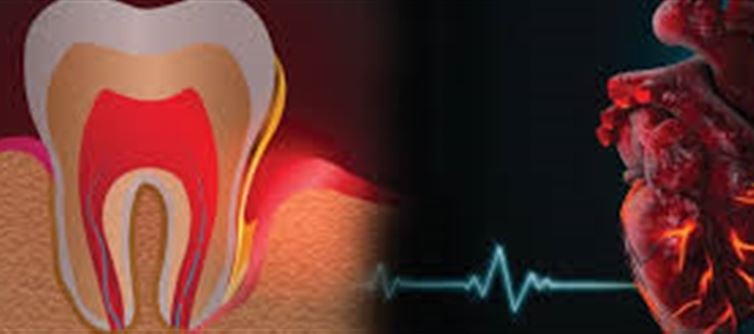

Oral health problems, particularly gum disease (gingivitis and periodontitis), can increase the risk of heart attacks due to the link between inflammation in the mouth and systemic inflammation in the body. bacteria from infected gums can enter the bloodstream and travel to the heart, leading to the buildup of plaque in the arteries. This can contribute to a condition known as atherosclerosis, where the arteries narrow and harden, increasing the risk of a heart attack.
The inflammatory response triggered by oral bacteria can also cause blood clots to form more easily, which further raises the likelihood of cardiovascular events, including heart attacks. Inflammation in the gums can cause the body to release certain chemicals that affect blood vessel function, leading to higher blood pressure and an increased strain on the heart. Over time, these factors contribute to a higher risk of heart disease.
Additionally, poor oral hygiene and untreated gum disease can exacerbate other risk factors for heart attacks, such as diabetes and high cholesterol. people with gum disease are more likely to have uncontrolled blood sugar levels, which can further damage blood vessels and increase the risk of cardiovascular problems. Since the mouth is often a reflection of overall health, neglecting oral care may be an indicator of poor health habits that can affect heart health.
Preventing heart attack symptoms related to oral health involves regular brushing, flossing, and dental checkups to detect and treat gum disease early. Maintaining good oral hygiene helps reduce inflammation and the spread of harmful bacteria throughout the body. Regular visits to the dentist and timely treatment of oral health issues can significantly lower the risk of heart disease and heart attacks linked to poor oral health.




 click and follow Indiaherald WhatsApp channel
click and follow Indiaherald WhatsApp channel